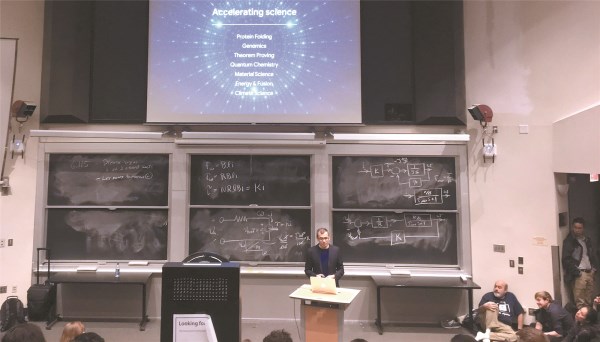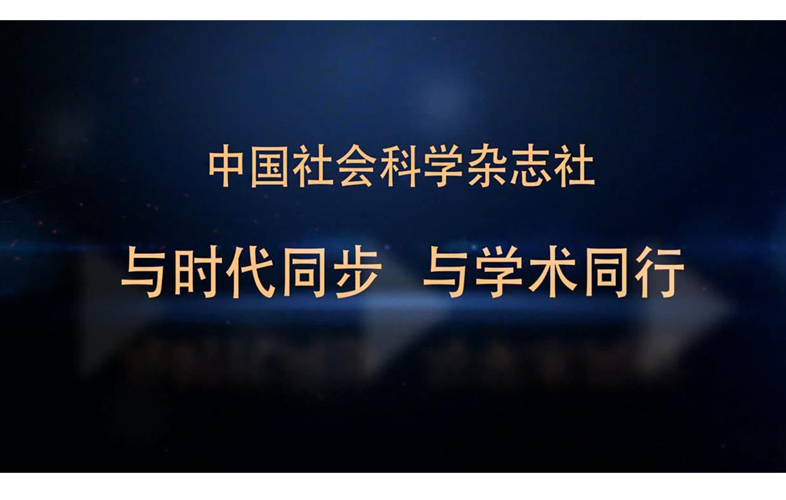Huang Wei
Institute of World Economics and Politics, Chinese Academy of Social Sciences
Abstract:Voting procedure is an important mechanism for public choice in international organizations. This paper measures and compares IMF member countries’ voting power before the 2008 reform and after the 2010 reform on the basis of datasets on IMF quotas and voting rights distribution provided by IMF. Our study verifies that IMF’s quotas and voting rights reforms do help to reduce the voting power gap among member countries. The 2008 and 2010 reforms produce a greater improvement in emerging members’ voting power under the 70 percent majority rule than the 85 percent rule; the 70 percent majority rule means the United States would lose its absolute veto. Moreover, the paper disproves the underlying assumption that regards a member’s voting power as proportional to its voting rights. Countries with different amounts of voting rights can still have the same voting power.
Keywords:quotas,voting rights reform,majority rule,power index



